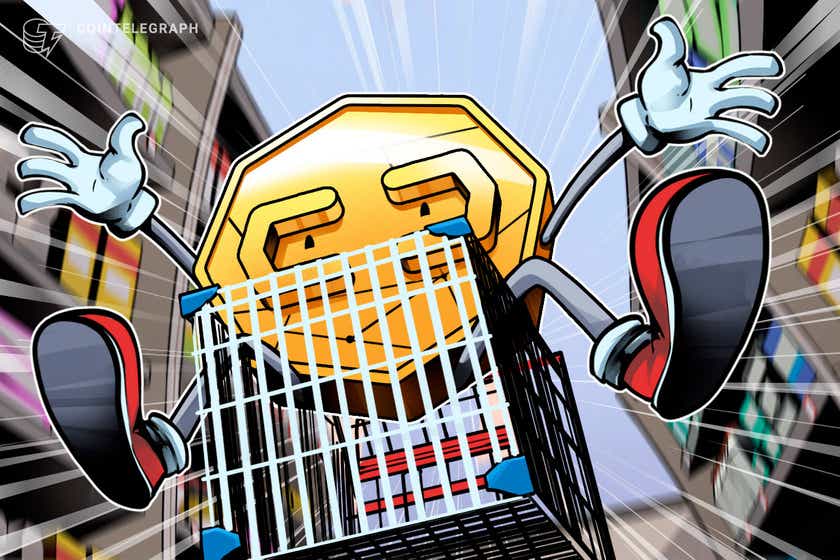BREAKING: $2.2T asset manager PIMCO plans to buy more crypto

Institutional asset managers have been slower to embrace cryptocurrencies than retail traders, but their adoption is growing rapidly.
Fixed-income manager Pimco is planning to increase its exposure to digital currencies such as Bitcoin (BTC) after dabbling in the asset class through crypto-linked securities, offering the latest evidence that major institutions are starting to embrace the emerging asset class.
In an interview with CNBC on Wednesday, CIO Daniel Ivascyn confirmed that Pimco already has exposure to “crypto-linked securities” through various hedge fund portfolios. He said the firm plans to gradually increase its exposure to the asset class as part of its “trend-following strategies or quant-oriented strategies.” He further explained:
“[…] [T]his will be a gradual process where we spent a lot of time on the internal diligence side speaking to investors. And we’ll take baby steps in an area that’s rapidly growing.”
Founded in 1971, Pimco is one of the world’s largest asset managers focused on active fixed-income securities. The firm’s assets under management totaled $2.2 trillion as of Dec. 31, 2020.
The news dropped on Wednesday as Bitcoin shattered all-time highs above $67,000 and Ether (ETH) eclipsed $4,100 for the first time since May. In the process, the total cryptocurrency market capitalization reached a new record high above $2.63 trillion, according to Cointelegraph Markets Pro.
Related: Bitcoin briefly flippens Swiss franc after rally to new ATH
Institutions have been piling into crypto investments for much of 2021, reflecting the growing mainstream acceptance of digital assets. A September survey from European investment manager Nickel Digital Asset Management revealed that nearly two-thirds, or 62%, of global institutional investors with zero exposure to crypto planned to make their first investments within 12 months. Meanwhile, institutional capital was the major driving force behind Asia’s 706% surge in crypto transactions over the past year, according to data from Chainalysis.

